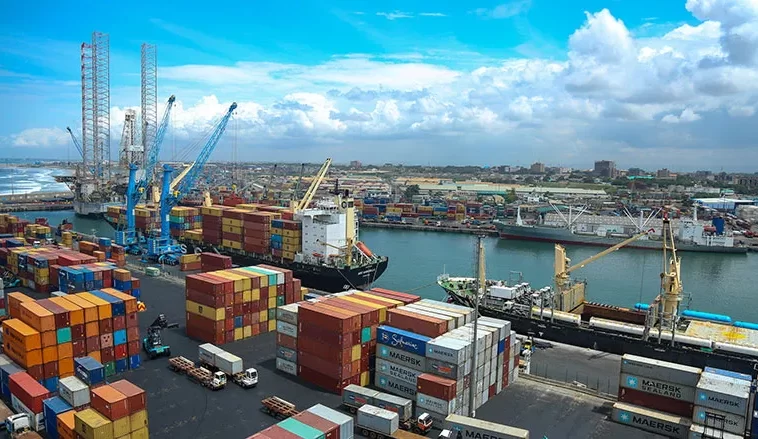The United States plays a critical role in providing aid to Sudan, which has faced various humanitarian crises over the years, including conflict, displacement, and natural disasters. The aid provided by the US aims to alleviate suffering, promote stability, and support development efforts in Sudan.
One significant aspect of US aid to Sudan is its contribution to humanitarian assistance. Through organizations like USAID (United States Agency for International Development) and partnerships with non-governmental organizations (NGOs), the US delivers essential supplies such as food, clean water, shelter, and medical care to vulnerable populations affected by conflict and displacement. This aid helps save lives and alleviate the suffering of those in need.
Over a hundred million in additional funding was made to respond to the conflict in Sudan as part of efforts to spur international response at a donor conference on the humanitarian crisis. This announcement was made by representatives involved in addressing the crisis in Sudan.
Efforts were made to encourage partners around the world to prioritize the Sudanese civil war, with hopes that more countries would step up. Efforts to address the situation on the ground continued, including actions to raise costs through sanctions and other means where appropriate. Sanctions had already been imposed on key individuals and entities involved in the conflict.
The US supports efforts to address the root causes of conflict and instability in Sudan. This includes diplomatic initiatives aimed at promoting peace and reconciliation among warring factions, as well as supporting governance and institution-building efforts to strengthen Sudan’s capacity to manage its affairs and provide for its citizens.
In June 1967, Sudan severed ties with the U.S. due to the Arab-Israeli War but relations improved in July 1971 when the Sudanese Communist Party’s attempt to overthrow President Nimeiri led to suspicion of Soviet involvement. Further improvement occurred after U.S. aid for refugee resettlement following a 1972 peace deal with the South.
In March 1973, “Black September” Palestinian terrorists killed U.S. Ambassador Cleo A. Noel and Deputy Chief of Mission Curtis G. Moore in Khartoum. Though the terrorists were arrested and tried, they were later released to Egypt in 1974, prompting the withdrawal of the U.S. Ambassador. Relations remained stagnant until President Nimeiri mediated the release of American hostages in 1976.
In late 1985, due to the presence of Libyan terrorists, U.S. Embassy staff in Khartoum was reduced. Relations worsened in April 1986 after U.S. bombings in Libya, leading to the shooting of a U.S. Embassy employee. Subsequently, non-essential personnel left for six months. Despite being a major aid recipient, U.S. assistance was suspended in 1989 following a military coup.
Throughout the 1990s, Sudan’s support for Iraq in the Gulf War, sheltering of terrorists, and hosting of radical conferences strained relations. In 1993, Sudan was designated a state sponsor of terrorism, leading to embassy closures in 1996 and sanctions in 1997. In 1998, U.S. missile strikes further strained ties.
Bilateral counterterrorism talks began in 2000, and Sudan cooperated after 9/11. However, disagreements persisted over U.S. actions in Afghanistan. Sudan’s terrorism sponsor designation was lifted in 2020.
Despite differences, the U.S. has provided significant humanitarian aid to Sudan, including during droughts and civil wars. Various administrations appointed envoys to address Sudanese issues, culminating in the Obama administration’s Sudan strategy focusing on conflict resolution, peace agreements, and counterterrorism.
In supporting development projects in Sudan, the US has been instrumental in improving infrastructure, healthcare, education, and economic opportunities for the Sudanese people. By investing in long-term development, the US seeks to empower communities, promote self-sufficiency, and create conditions for sustainable peace and prosperity.


